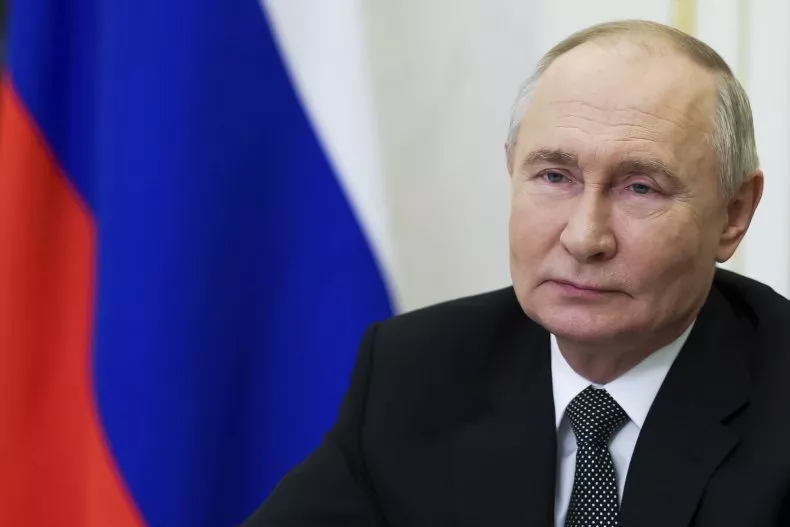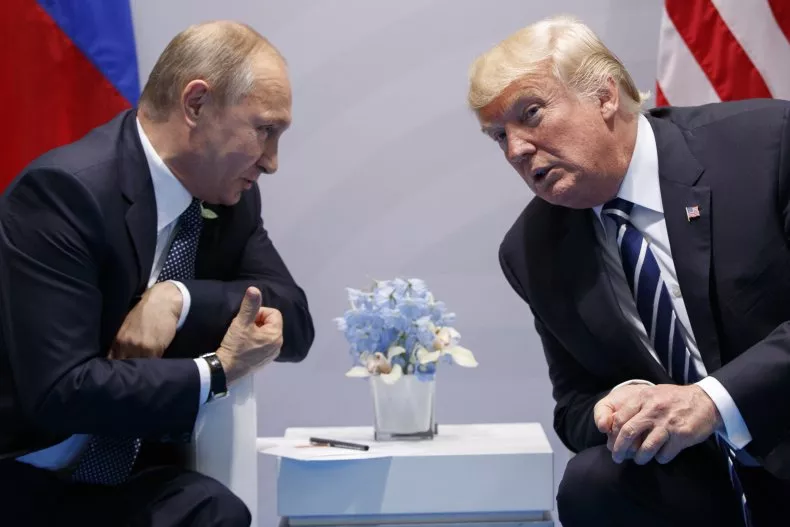Donald Trump’s return to the presidency signals a potential shift in U.S. foreign policy away from its traditional approach of engaging with liberal democracies and international organizations including the United Nations, IMF and World Trade Organization. Instead of taking this internationalist road, with Trump’s election victory, America could find itself aligning more closely with populist and authoritarian leaders worldwide.
As Trump reclaims the White House, leaders including Hungary’s Viktor Orban, India’s Narendra Modi, and Argentina’s Javier Milei see opportunities to strengthen their positions and push agendas that diverge from traditional democratic norms.
This anticipated realignment could recalibrate America’s relationships with authoritarian-leaning allies and adversaries alike, as Trump’s second term may place less emphasis on human rights and democratic values, instead prioritizing transactional alliances and nationalist interests.

Trump has avoided publicly criticizing Putin and has consistently spoken warmly about him.
“There is clearly that sort of authoritarian-minded chemistry,” between them, said Nigel Gould-Davies of the International Institute of Strategic Studies in London.
That chemistry aligns with Trump’s admiration for other authoritarian leaders, some of whom were elected by systems that were once democratic, Gould-Davies said.
Trump has claimed that he will bring an end to Russia’s war in Ukraine “within 24 hours,” an assertion welcomed by the Kremlin, which currently holds an advantage on the battlefield and roughly 20 percent of Ukrainian territory.
Moscow may hope that Trump will sow dysfunction in NATO given Trump’s demands that other members of the alliance meet agreed military spending levels, and his warnings that Russia could “do whatever the hell they want” to those who fail.
Gould-Davies observed before the election that the Kremlin would welcome Trump’s victory because of his apparent desire for the war in Ukraine to end on terms favorable to Russia.


